Latest News
Google creates new parent company

Move to place businesses under new firm Alphabet to allow reporting of results of diversified operations separately.
Google, the US technology company, is reorganising under a new moniker – Alphabet – in a move underscoring its founders’ ambitions to pursue ventures far beyond the company’s internet search core, from self-driving cars to cutting-edge medical research.
It will still use the Google name for its popular internet search engine, mapping service and related products.
However, Larry Page, Google’s CEO and co-founder, said on Monday the creation of the new holding company will provide more independence for divisions like Nest, which makes internet-connected home appliances, and Calico, which is researching ways to prolong human life.
Analysts said the move may also be an attempt to satisfy Wall Street’s demands for more fiscal accountability: As part of the reorganisation, Page said the company will begin reporting financial results by segments.
Google reported more than $14bn in profit on $66bn in sales last year, most of it from lucrative internet advertising, while other ventures have required large investments without showing immediate returns.
The company’s stock has surged in recent weeks after a new chief financial officer announced other moves to rein in corporate spending.
Rise of Sundar Pichai
The reorganisation cements the rise of Sundar Pichai, a longtime Google executive, who will become CEO for the core Google business.
Page will be CEO of the new holding company, with his co-founder Sergey Brin serving as president.
Google’s executive chairman, Eric Schmidt, will have the same title at Alphabet.
“Sundar has been saying the things I would have said (and sometimes better!) for quite some time now,” Page wrote in a blog post announcing the changes.
Pichai, 43, who was named overall chief of Google products last autumn, is viewed by many as a potential successor to Page.
Pichai was part of the team that launched the Chrome browser in 2008 and also worked on various search products, including Google Toolbar, Desktop Search, Gadgets and Google Gears, according to the company.
Before joining Google, Pichai worked as an engineer at manufacturer Applied Materials, followed by a stint in management consulting at McKinsey & Company.
Originally from Tamil Nadu province in southeast India, Pichai received a B Tech from the Indian Institute of Technology (IIT) Kharagpur.
He also has a Master of Science from Stanford University and a Master of Business Administration from the Wharton School of the University of Pennsylvania.
More authority
With the reorganisation, Page indicated that he wants to give more authority to CEOs of the companies that will be part of the new entity known as Alphabet.
“Our company is operating well today, but we think we can make it cleaner and more accountable,” he wrote.
“We believe this allows us more management scale, so we can run things independently that aren’t very related.”
Businesses that will operate separately under the Alphabet umbrella include Calico, which Google established to conduct health research in 2013; Nest, which Google acquired in 2014; Fiber, which is building high-speed broadband networks in several cities; and the Google X, the research lab responsible for Google’s self-driving car venture and previously developed its controversial Internet headset, known as Glass.
Alphabet will also oversee Google Ventures and Google Capital, two corporate investment entities that focus on early- and growth-stage start-ups.
Google’s YouTube video division, however, will remain part of the core business under Pichai, although Page made a point of praising its chief, Susan Wojcicki, another longtime ad executive.
Written by: Aljazeera
Source: Agencies

Latest News
Afghanistan’s Chief of Armed Forces underscores readiness and equipment for national defense
The ceremony marked the eighth graduation from the 313 Central Corps Training Center, with 153 soldiers officially completing their training.
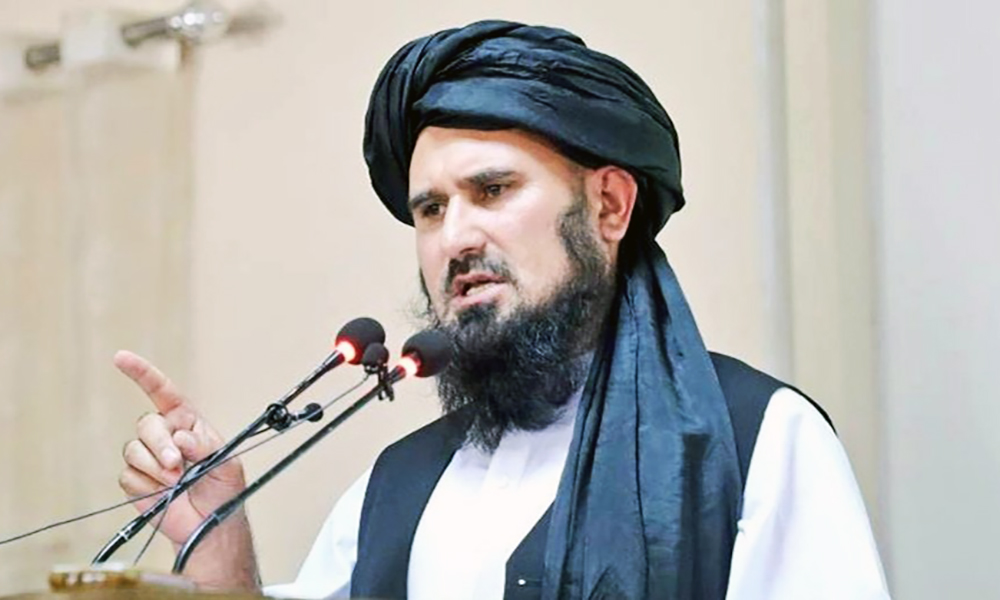
Afghanistan’s Chief of Armed Forces, Fasihuddin Fitrat, has emphasized the vital importance of military readiness and proper equipment.
Speaking at the graduation ceremony of 153 personnel from the 313 Central Corps, Fitrat stressed that preparedness is essential to defend against those who challenge the unity, strength, and honor of the Islamic system and the Afghan people.
He highlighted that even during past sensitive and challenging conditions, the Islamic Emirate maintained fully trained and equipped forces.
The Ministry of Defense reiterated that maintaining readiness and proper armament is both a religious and national duty. Leaders of the Islamic Emirate have historically ensured that their forces remain prepared under all circumstances, the ministry added.
The ceremony marked the eighth graduation from the 313 Central Corps Training Center, with 153 soldiers officially completing their training.
Officials highlighted that the Islamic Emirate continues to prioritize the comprehensive readiness of its forces to counter any potential threats to national security.
Latest News
Kazakhstan and Uzbekistan shift to opportunity-focused approach on Afghanistan; regional cooperation highlighted
Esmatullah Ergashev, Uzbekistan’s special representative for Afghanistan, noted that Central Asian countries plan to advance joint projects in Afghanistan and further expand regional cooperation.
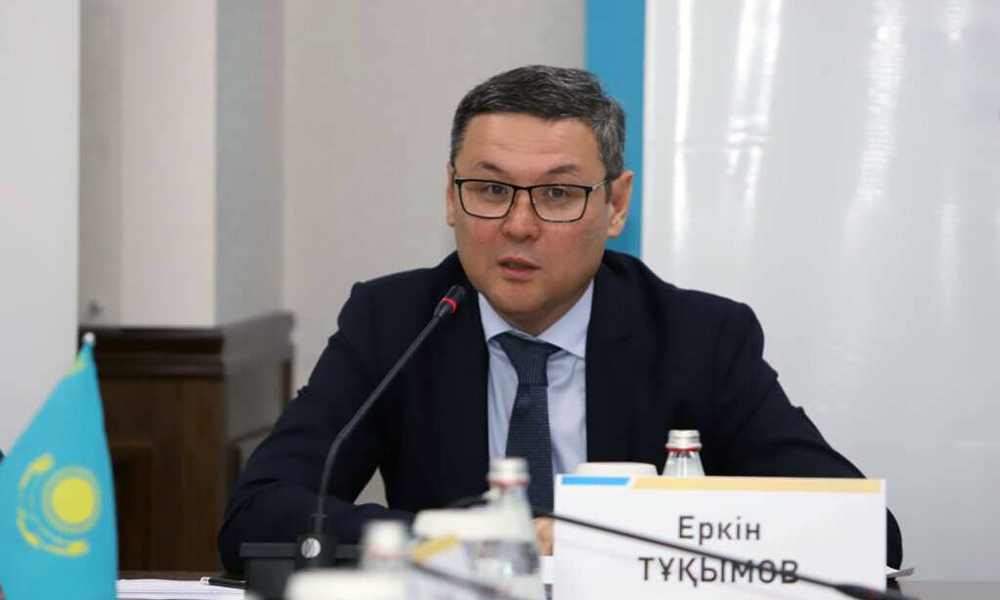
Astana recently hosted an extraordinary meeting of the Regional Contact Group on Afghanistan, bringing together representatives from Kazakhstan, Kyrgyzstan, Uzbekistan, and Tajikistan to discuss regional engagement and cooperation with Afghanistan.
Yerkin Tokumov, Kazakhstan’s special presidential representative for Afghanistan, said the country is moving away from viewing Afghanistan solely as a security concern and is adopting an opportunity-driven approach.
He stressed the importance of strengthening political, economic, trade, and transit ties, highlighting Afghanistan’s role as a strategic bridge between Central and South Asia.
Esmatullah Ergashev, Uzbekistan’s special representative for Afghanistan, noted that Central Asian countries plan to advance joint projects in Afghanistan and further expand regional cooperation.
The meeting underscores a growing consensus among Afghanistan’s neighbors to leverage opportunities for partnership, aiming to foster regional stability, enhance economic integration, and support sustainable development initiatives in the country.
Latest News
Da Afghanistan Breshna Sherkat extends electricity import agreement with Iran for 1405
Afghanistan remains heavily dependent on imported electricity, with a significant share of its power supplied by neighboring countries including Iran, Uzbekistan, Turkmenistan, and Tajikistan.
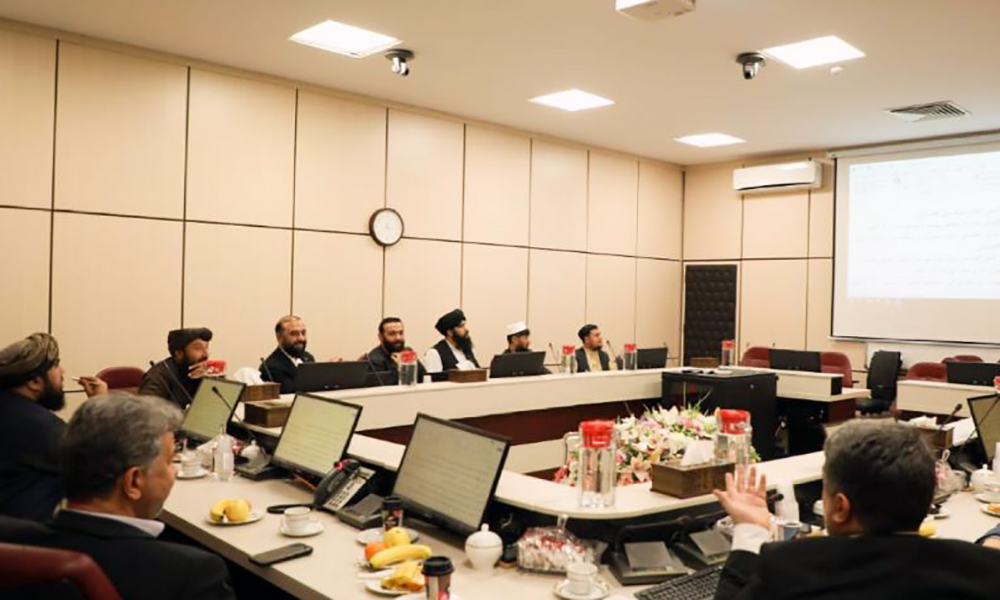
Da Afghanistan Breshna Sherkat (DABS), Afghanistan’s national power utility, has signed an agreement with Iran to continue importing electricity for the solar year 1405 (2026–2027), as part of efforts to stabilize power supplies amid growing domestic demand.
The agreement was signed during an official visit to Iran by a high-level DABS delegation led by its Chief Executive Officer, Alhaj Mullah Abdul Haq Hamkar.
The delegation held extensive meetings with Iranian energy officials in Tehran, focusing on the extension of existing power purchase arrangements as well as broader cooperation in electricity transmission and infrastructure development.
According to DABS, the discussions also addressed technical coordination, capacity expansion, and the reliability of cross-border electricity transmission lines linking the two countries. The visit was conducted at the invitation of Tavanir, the Iranian state organization responsible for electricity generation, transmission, and distribution.
Afghanistan remains heavily dependent on imported electricity, with a significant share of its power supplied by neighboring countries including Iran, Uzbekistan, Turkmenistan, and Tajikistan.
Domestic power generation covers only a fraction of national demand, particularly during winter months and periods of peak consumption, making long-term import agreements critical for maintaining supply to urban centers and industrial zones.
DABS officials said sustained engagement with regional electricity-exporting countries has helped strengthen energy cooperation and improve procurement planning.
The extension of the agreement with Iran is expected to support energy security, reduce supply disruptions, and provide greater predictability for Afghanistan’s power sector as authorities continue to explore domestic generation and renewable energy projects.
-
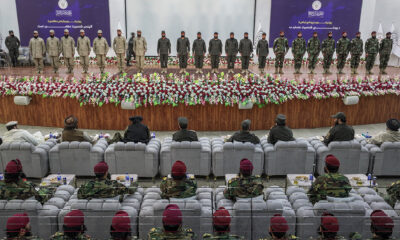
 Latest News2 days ago
Latest News2 days agoAfghanistan’s defense ministry unveils new military uniforms for armed forces
-
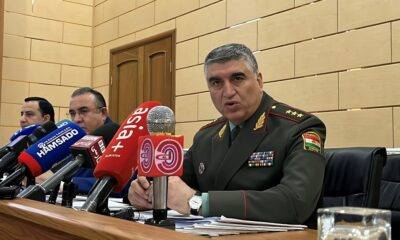
 Latest News3 days ago
Latest News3 days agoTajikistan: Recent attacks from Afghanistan aimed at damaging our relations with China
-

 Latest News4 days ago
Latest News4 days agoUN warns mass return of Afghans from Pakistan and Iran is pushing Afghanistan to the brink
-
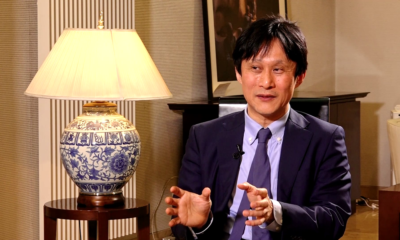
 Latest News4 days ago
Latest News4 days agoJapan maintains direct contacts with IEA officials through Kabul Embassy
-
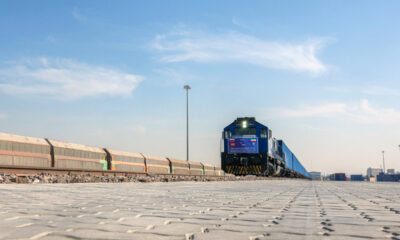
 Business3 days ago
Business3 days agoIran–China rail link via Afghanistan proposed to cut transit time
-
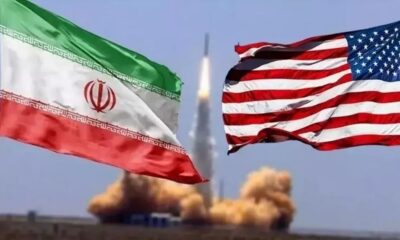
 Latest News3 days ago
Latest News3 days agoIran would prevail in potential conflict with the United States, says IEA spokesman
-

 Latest News4 days ago
Latest News4 days agoTrump: U.S. withdrawal from Afghanistan ‘looked like running’
-
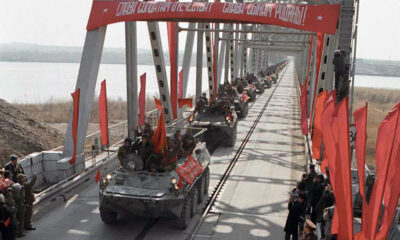
 Latest News3 days ago
Latest News3 days agoIEA marks 37th anniversary of Soviet withdrawal from Afghanistan

















